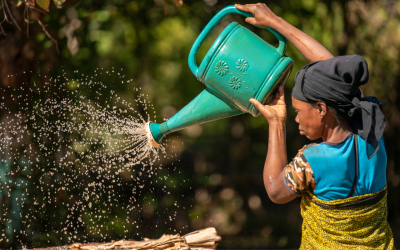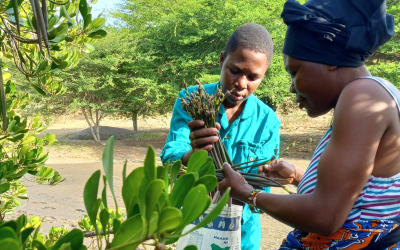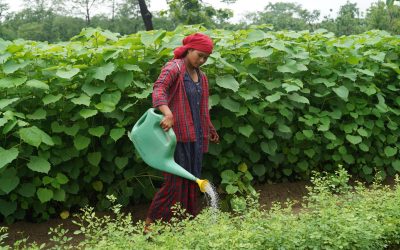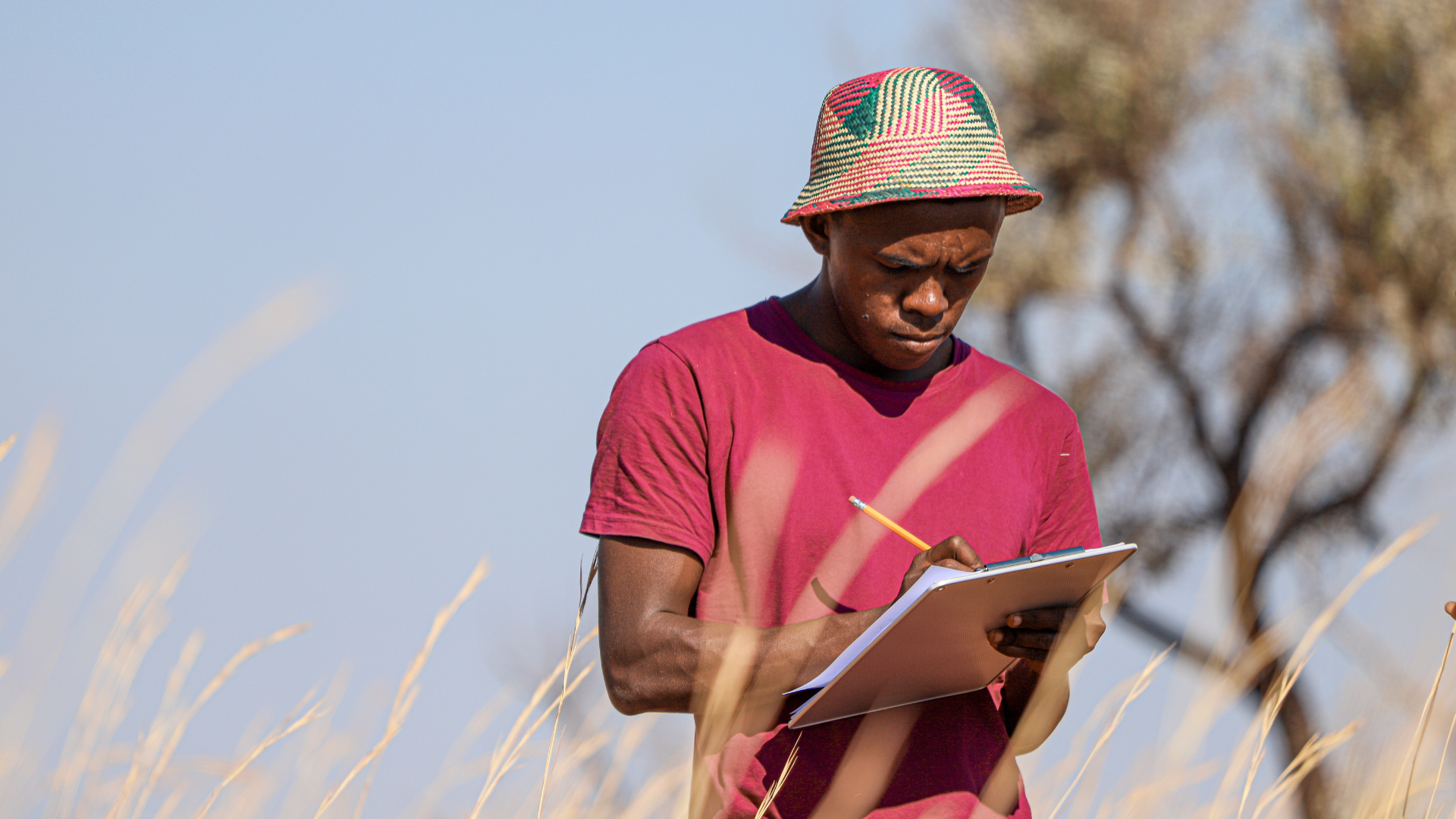
At Eden: People+Planet, we work closely with local communities to help generate a profound, positive impact that will benefit all for generations to come. By working together, we blend innovative practices, sustainable initiatives, and adaptive management to create lasting change. This collaborative approach ensures that our contextualized landscape restoration projects address communities’ needs while remaining environmentally sustainable.
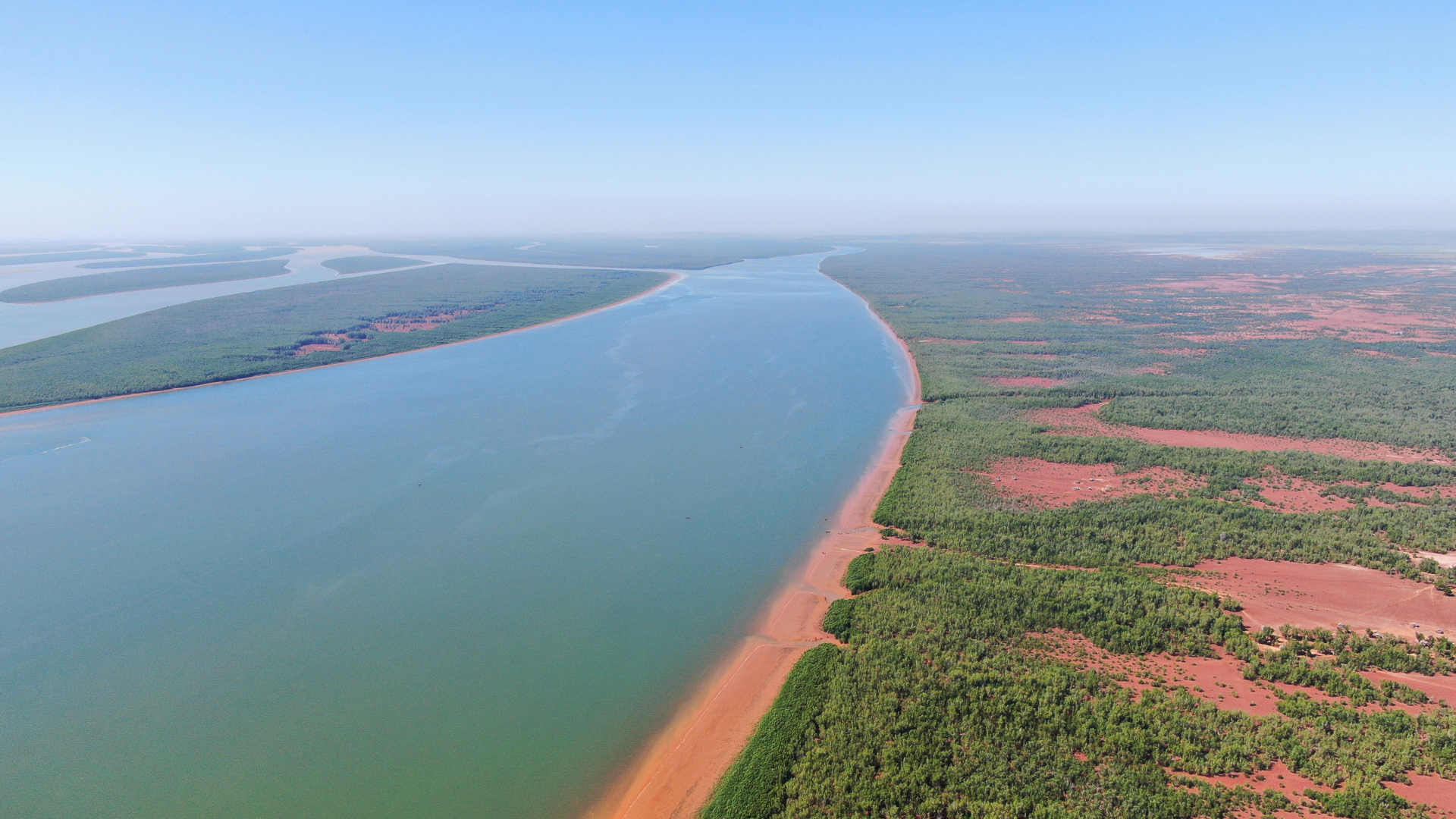
Get Involved
There are many ways you can help address the climate crisis and create a real impact for communities and ecological resilience. Your involvement is crucial, whether through donations, facilitating fundraising events, shopping online, or advocating for our cause on social media. Together, we can make a tangible impact for both community and ecological resilience.
[Call to Action was present in original content]
Our framework involves an iterative process, including:
Identify+Assess
We prioritize large-scale reforestation and landscape restoration opportunities that can significantly impact climate, community well-being, and biodiversity. By assessing the unique needs and challenges of regions like Honduras, Mozambique, and Kenya, we identify the areas where our efforts will be most effective.
Vision+Design
Collaborating with communities, governments, and other stakeholders, we co-develop restoration objectives, goals, and intended impacts based on a shared understanding of the landscape. This collaborative vision ensures that all voices are heard, and the plans are culturally and environmentally relevant.
Implement+Innovate
Our holistic landscape restoration initiatives are based on globally recognized standards and are tailored to address the unique challenges and opportunities of each landscape. Whether using drone mapping technology in Kenya or advanced soil analysis in Mozambique, we continuously innovate to enhance the effectiveness and sustainability of our projects.
Sustain+Support
Securing long-term financing is crucial for the success of our large ecosystem restoration projects. We support local governance systems, help maintain regenerating landscapes, and work towards achieving enduring restoration outcomes. Our goal is to ensure that the benefits of our work continue to thrive well into the future.
Monitor+Adapt
We evolve, learn, and refine our work based on data and observations. Collaboration, transparency, and openness are key to our approach. By constantly monitoring and adapting our restoration and reforestation strategies, we ensure that our projects remain effective and responsive to changing conditions.
